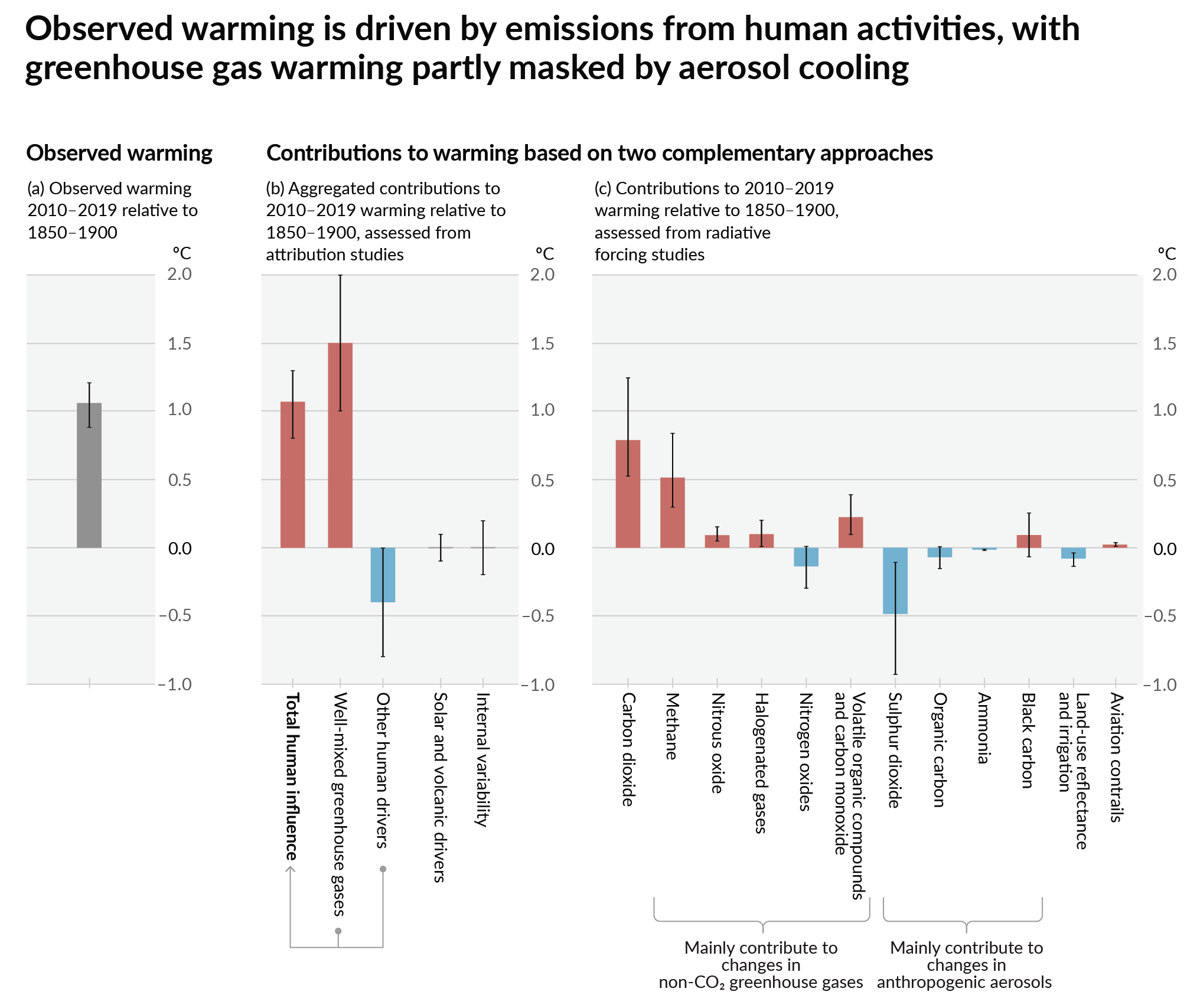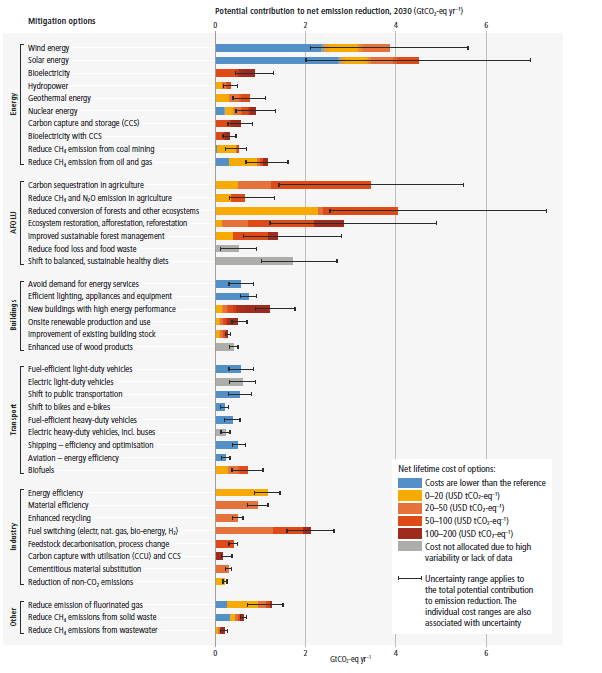Climate - truthful information about climate, related activism and politics.
6443 readers
560 users here now
Discussion of climate, how it is changing, activism around that, the politics, and the energy systems change we need in order to stabilize things.
As a starting point, the burning of fossil fuels, and to a lesser extent deforestation and release of methane are responsible for the warming in recent decades:

How much each change to the atmosphere has warmed the world:

Recommended actions to cut greenhouse gas emissions in the near future:

Anti-science, inactivism, and unsupported conspiracy theories are not ok here.
founded 2 years ago
MODERATORS
26
27
28
29
15
New climate institute at University of Toronto launched with a $60M gift
(www.nationalobserver.com)
30
31
11
Canadian province of British Columbia backtracks on LNG 'net-zero' carbon pollution rules
(www.nationalobserver.com)
32
10
Inside the small agency with a grand plan for Trump’s global energy dominance
(climate-reporting.org)
33
34
35
36
37
38
39
40
41
46
Al Gore rallies S.F. climate conference crowd with fiery anti-Trump keynote
(www.sfchronicle.com)
42
43
44
45
46
47
61
$8 billion of US climate tech projects have been canceled so far in 2025
(www.technologyreview.com)
48
49
50
76
Paris said au revoir to cars. Air pollution maps reveal a dramatic change.
(www.washingtonpost.com)

